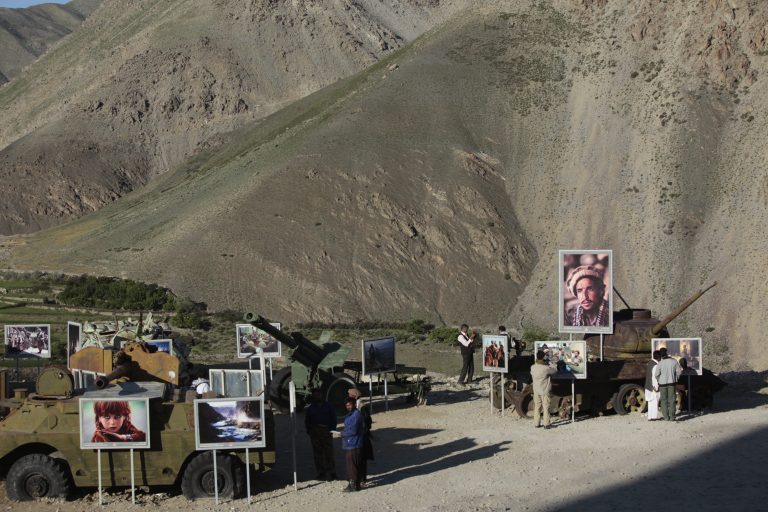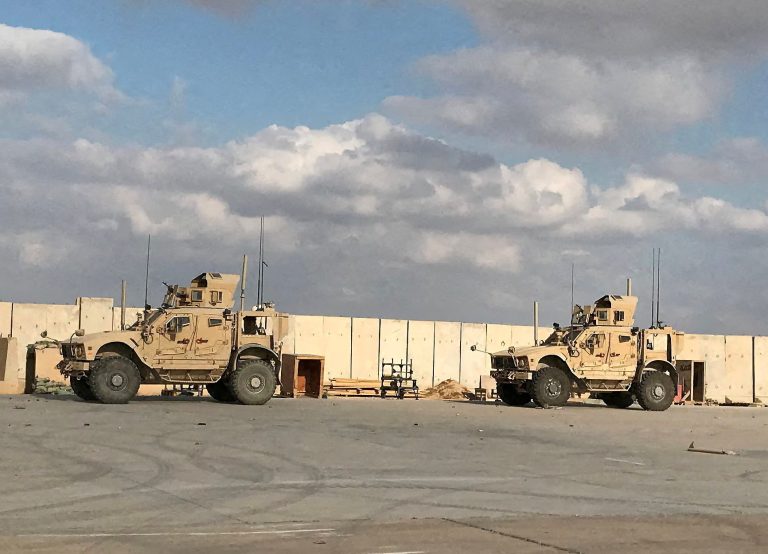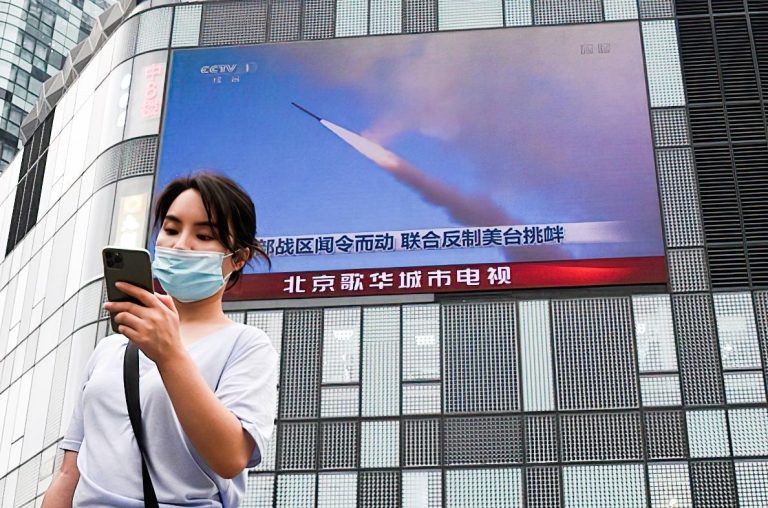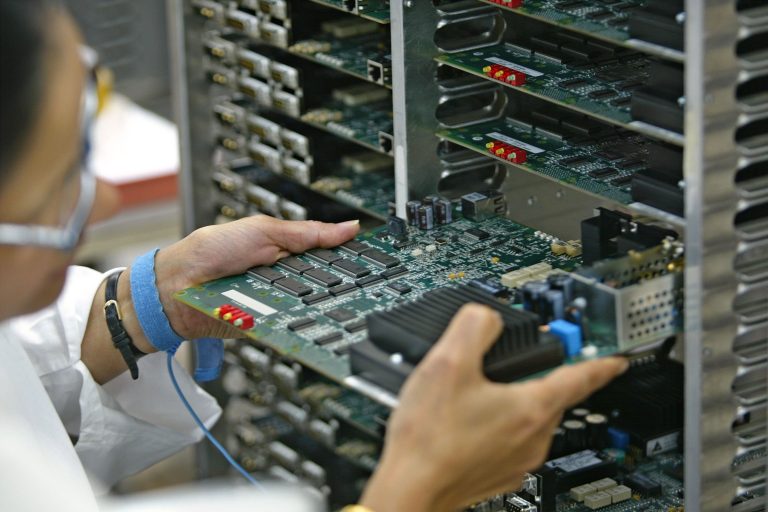Ahmad Massoud, who leads the last major anti-Taliban resistance group in Afghanistan, has refused to surrender to the radical insurgent group as they consolidate power over the country.
He is the son of Ahmad Shah Massoud, who played a key role in Afghanistan’s anti-Soviet resistance in the 1980s. Shah Massoud was assassinated in 2001 at the behest of al-Qaeda and Taliban.
Massoud, who controls the Panjshir Valley northwest of Kabul, hopes for international aid so that he can challenge the Taliban over the long term.
Government forces opposed to the Taliban regime have gathered from different provinces of Afghanistan in Massoud’s stronghold in Panjshir valley. This includes regular army units, special forces, and local militias. Massoud said that his people were willing to fight against Taliban if it invaded the valley. “They want to defend, they want to fight, they want to resist against any totalitarian regime,” he said to Reuters.
According to a tweet by Aditya Raj Kaul from Indian media outlet Network18, the Taliban has faced setback in its attack on Panjshir. Three hundred fighters have been killed while hundreds are trapped, and supply routes have been blocked. Media reports suggest that Taliban militants were killed during an attack on the Andarab district located in Baghlan province.
Success
You are now signed up for our newsletter
Success
Check your email to complete sign up
Massoud has insisted that a “totalitarian regime” must not be recognized by the international community. The Panjshir resistance movement is known by the name National Resistance Front of Afghanistan.
Who is Ahmad Massoud?
Massoud, born in 1989, comes from an ethnic Tajik background. Panjshir is a region dominated by Persian-speaking Tajiks who are at odds with Pashtun tribes which form the core of the Taliban. He spent his youth in the West and has completed training at the Royal Military Academy at Sandhurst, UK. He obtained his bachelor’s degree in War Studies at King’s College London and later a master’s degree in international politics from University of London.
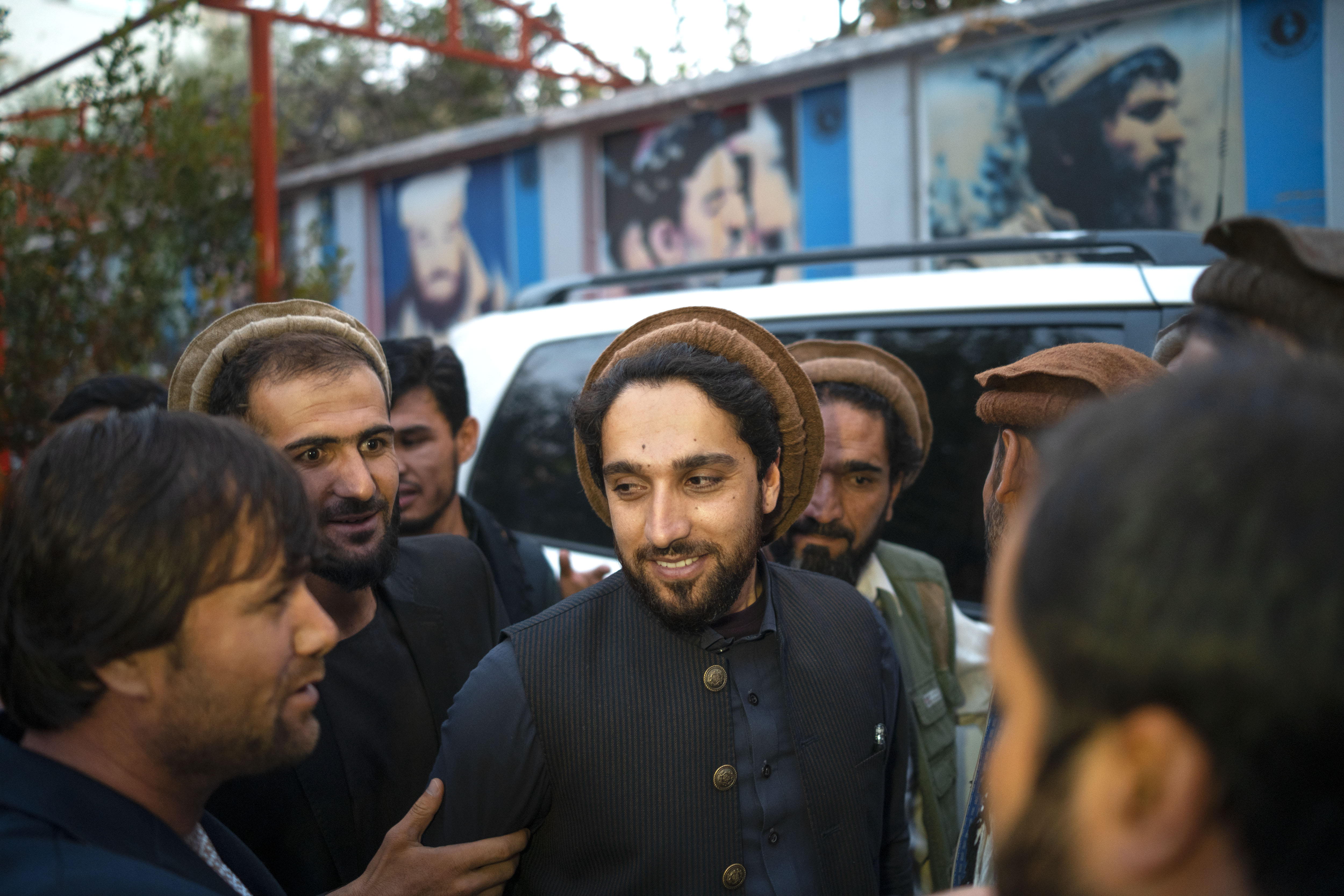
On his return to Afghanistan, Massoud was appointed as CEO of Massoud Foundation in 2016. And in 2019, he entered politics. Massoud endorses a Swiss model for internal power relations in his country, pointing out that the decentralization of government and de-concentration of power will ensure that resources and authority are allocated in a just manner to provinces, thus bringing maximum prosperity to Afghanistan.
In an op-ed published at The Washington Post on Aug. 18, Massoud said that though his men will fight bravely if Taliban launches a war against them, he realizes that the military forces in Panjshir are not enough to keep the attackers at bay for long. He asked the West to support them with weapons and supplies. Massoud warned that Taliban is not a problem for Afghan people alone and that under its regime, Afghanistan will become “ground zero” for radical Islamists who will plot against democracies.
“Know that millions of Afghans share your (Western) values. We have fought for so long to have an open society, one where girls could become doctors, our press could report freely, our young people could dance and listen to music or attend soccer matches in the stadiums that were once used by the Taliban for public executions — and may soon be again… There is still much that you can do to aid the cause of freedom. You are our only remaining hope,” Massoud wrote.



